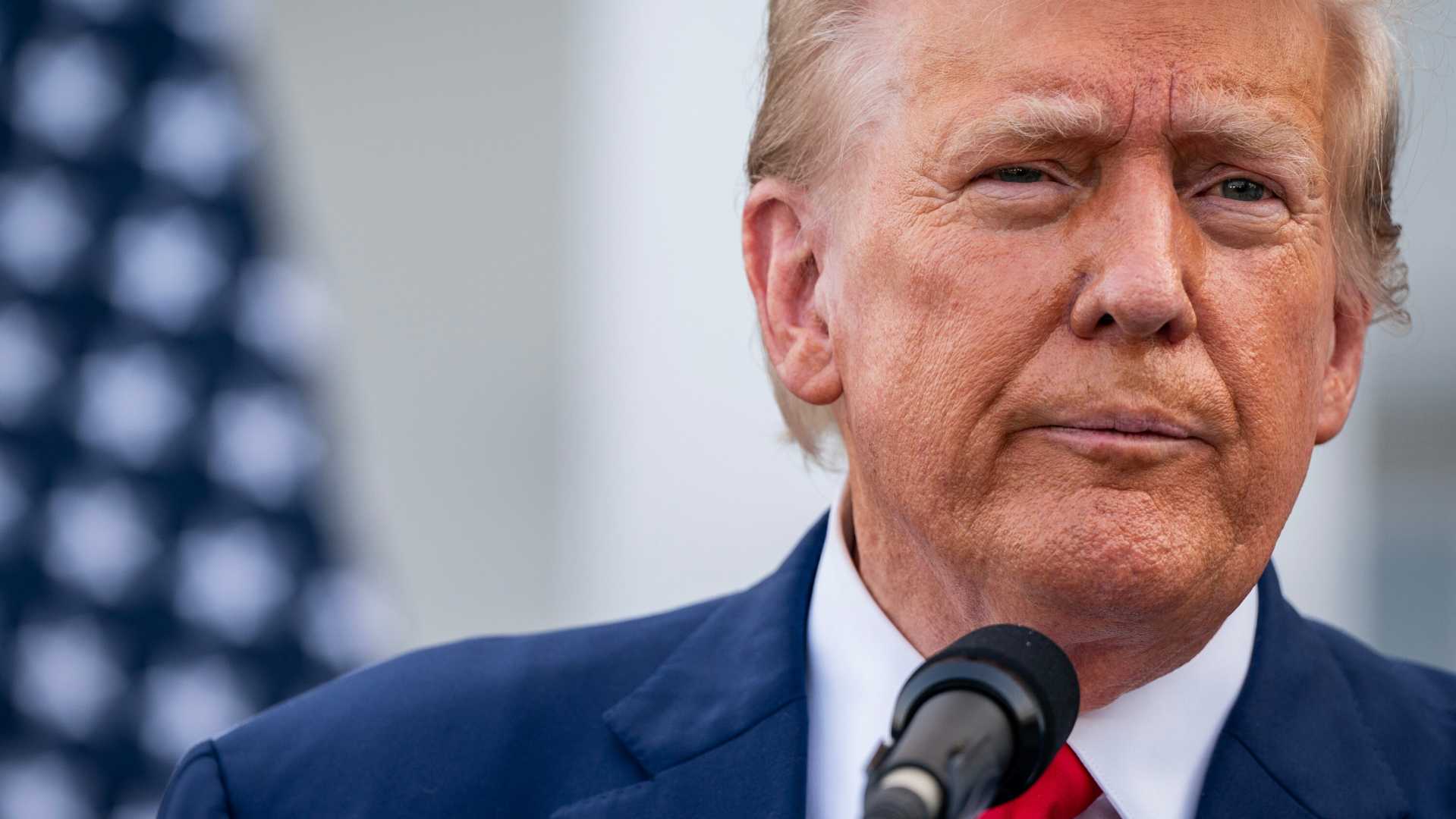Politics
Howard Lutnick Under Scrutiny for Conflicts of Interest in Trump’s Transition Team

Howard Lutnick, the CEO of Cantor Fitzgerald and a key figure in Donald Trump‘s transition team, is facing significant criticism and scrutiny over potential conflicts of interest. Lutnick, who has been a major donor to Trump’s campaign and has raised millions of dollars for the former president, is accused of using his role to advance his personal business interests rather than the campaign’s.
Lutnick’s dual roles as the head of Cantor Fitzgerald and Trump’s transition co-chair have raised concerns about his involvement in regulatory matters that could benefit his firm. He has allegedly held transition-related meetings on Capitol Hill while also discussing issues related to Cantor Fitzgerald, including its cryptocurrency operations. Critics argue that this creates a clear appearance of conflict of interest, even if it does not violate the law.
Specifically, Lutnick’s connections to the cryptocurrency firm Tether have drawn particular scrutiny. Tether, a stablecoin issuer, has been linked to financial scandals, and Lutnick’s firm serves as a custodian for its treasuries. Ethics lawyer Richard Painter has stated that having someone with such ties involved in regulating the crypto industry is “an invitation for trouble”.
Internal criticism within the Trump campaign has also emerged, with some suggesting that Lutnick might be demoted or required to report to another Trump loyalist due to these allegations. Despite the criticism, Lutnick remains close to Trump, and Donald Trump Jr. has publicly defended him.
The concerns about Lutnick’s role are compounded by broader issues surrounding Trump’s transition team. Representative Jamie Raskin, the top Democrat on the House Oversight Committee, has expressed concerns that Trump’s campaign has refused to commit to essential agreements with the Biden administration for a smooth transition, which could pose risks to national security and the continuity of American democracy.












